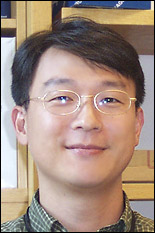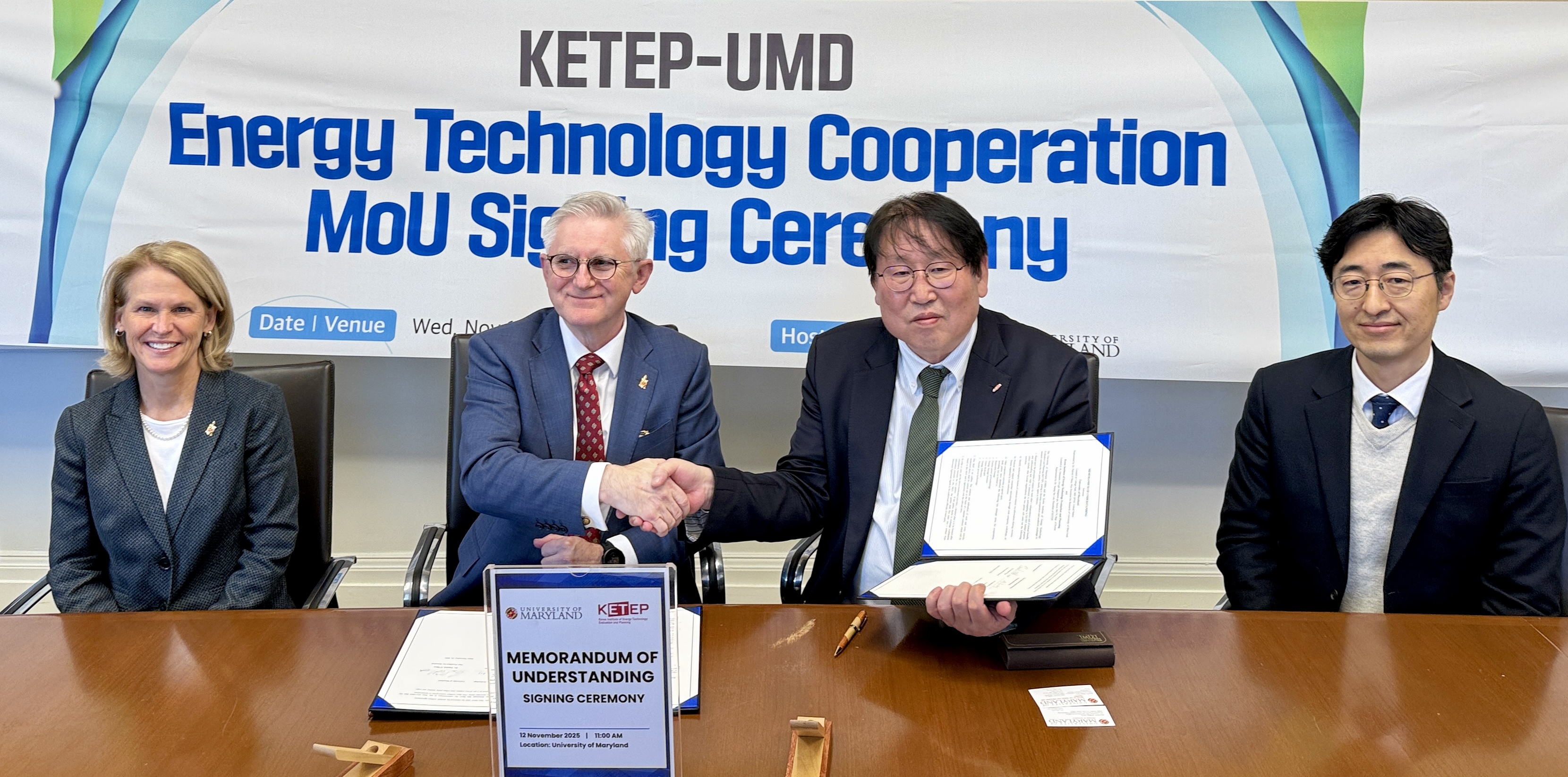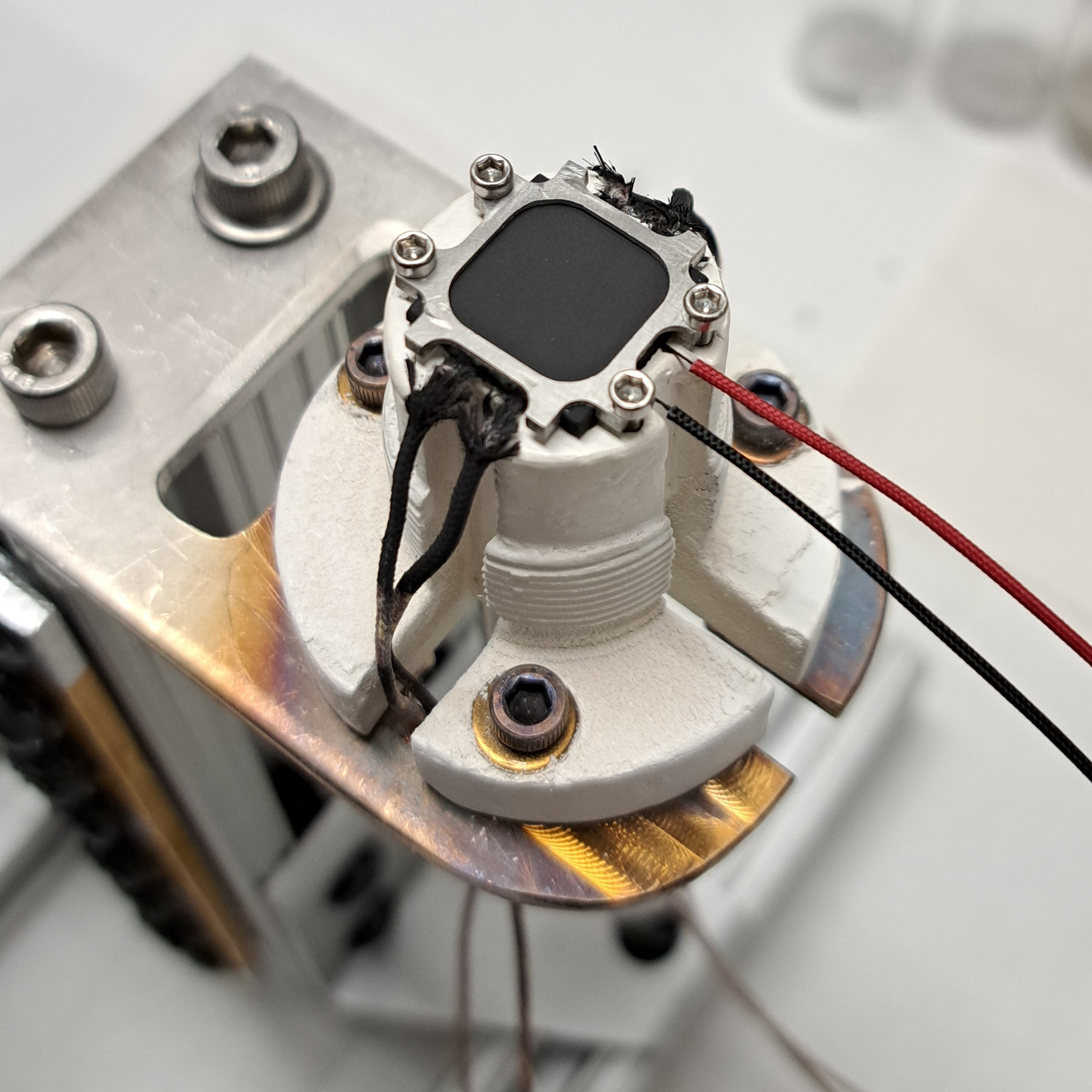News Story
Seog Joins Faculty

Assistant Professor Joonil Seog.
Seog received his Ph.D. from the Massachusetts Institute of Technology (MIT) in 2003. Before joining our faculty he was a research fellow at the CBR Institute for Biomedical Research, Inc., located at the Harvard Medical School. He will be developing and teaching graduate level and lab courses on single molecule mechanics, in which students can be involved in cutting-edge research and get hands-on experience with experiments and related equipment.
Seog's research will provide insight into the design of nanomechanically tailored smart biomaterial that can enhance tissue regeneration or slow down disease progression. He focuses on studying the structure-function relationship of biological molecules using single molecule force spectroscopy. Previously, Seog studied the molecular origin of cartilage biomechanical properties, and by directly measuring intermolecular forces discovered that about 50% of the compressive resistance of cartilage originates from highly charged polysaccharides within it. This was the first study elucidating the structure and biomechanical function of polysaccharides in cartilage using tools that could measure very small forces such as individual molecular interactions.
Seog is currently pursuing a study of the structural change of biological molecules in a disease state. Many diseases are caused by mutations in the genes that cause structural change, leading to degeneration or auto-immune response of the body. Seog believes that understanding how these changes affect the nanomechanical properties of proteins or responses of tissues will help prevent or cure diseases.
He also explores the interaction between synthetic and biological materials. His research in this area will support current efforts to incorporate biological molecules into small devices in order to utilize them as molecular sensing devices such as DNA chips, protein chips, and silicon-based drug delivery devices.
Seog also will also be examining the single molecule mechanical properties of synthetic and biological macromolecules. His goal is to enhance our understanding of basic biological and physical phenomena, as well as enable us to apply them directly when building of smart molecular devices or single molecule devices.
Published December 15, 2006









